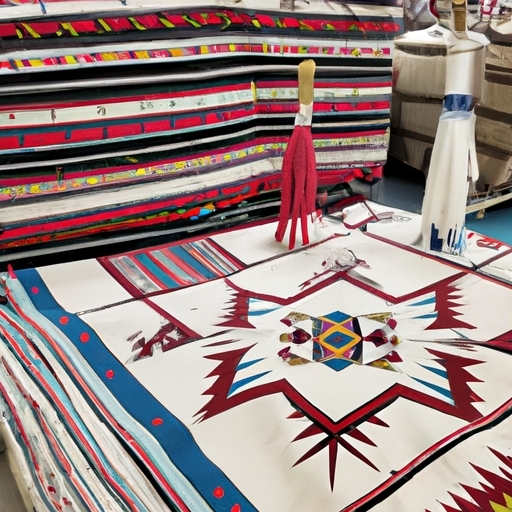how to know if you're native american
History and significance of Native American designs in rug-making
Researching your family history and genealogy can be an exciting journey to uncover any Native American ancestors you may have. (And let's face it, who wouldn't want to discover some fascinating connections to such a rich and diverse culture?)
One way to determine if you have Native American heritage is by looking through old family documents, such as birth certificates, marriage records, or census data. These sources may provide clues about your ancestry and help you piece together your family tree.
Another helpful tool is DNA testing, which can provide more concrete evidence of your genetic background. Companies like AncestryDNA and 23andMe offer tests that can reveal your ethnic origins, including any Native American heritage. (Just imagine the thrill of receiving those results!)
Additionally, reaching out to relatives and asking them about their knowledge of the family's history can also shed light on any potential Native American connections. (Who knows what stories might be waiting to be uncovered?)
In conclusion, there are several ways to determine if you have Native American ancestry. By delving into your family history with curiosity and determination, you may just uncover a fascinating link to this vibrant cultural heritage. (Good luck on your genealogical quest!)
native american design area rugs shop
